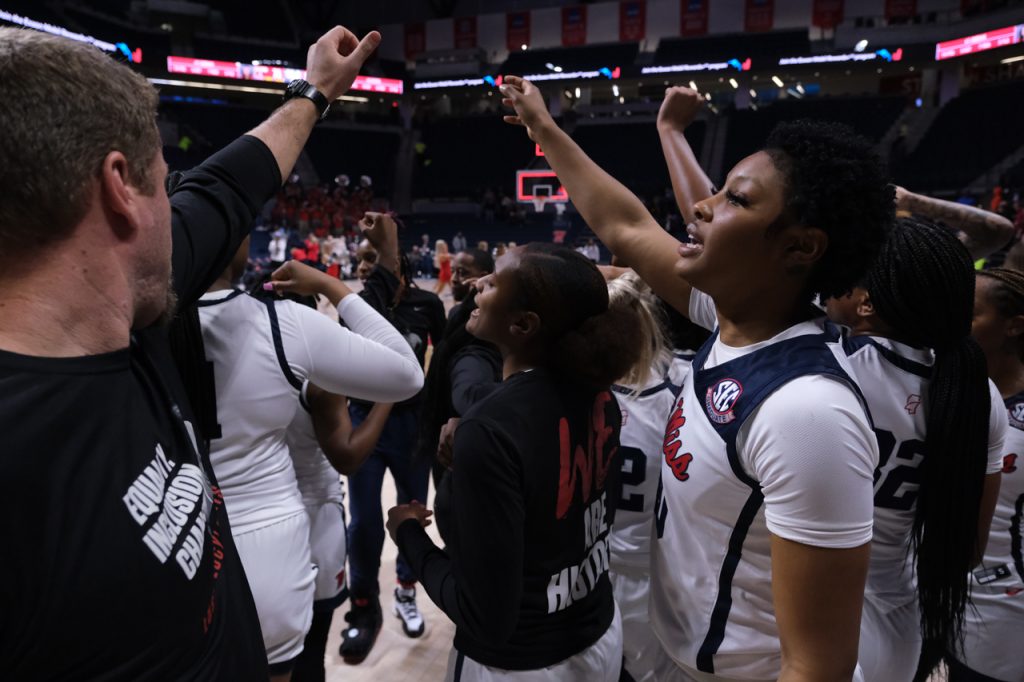Music is a unique entity that allows people to communicate love, emotions and thoughts in a manner that is both enjoyable and fulfilling.

On Feb. 24 at 7:30 p.m. the University of Mississippi will host the Black History Month Concert at the Ford Center, showcases the importance of music, especially during Black History Month.
The concert is free to the public and will feature the Ole Miss African Drum and Dance Ensemble, the Ole Miss Gospel Choir, the Steel Orchestra, and individual performances, including guest artist Kendrick Williams.
UM has been making history through this concert since 2005.
George W.K. Dor, McDonnell-Barksdale Chair of Ethnomusicology and professor of music, produces and coordinates the BHM concert. Dor said the audience should expect to hear lyrics that evoke a part of Black history.
“Music of worship, play, work or from the cradle to the grave, agonizing experiences to celebratory contexts, but more telling, music is a mobilizing and a uniting force and it engenders group solidarity,” Dor said.
Samuel Agbenyo, a Ph.D. student in music education from Ghana, is the drummer and choreographer for the Ole Miss African Drum and Dance Ensemble.
The OMADDE teaches several African musical types and allows Agbenyo to share Ghanian music as well.
For Agbenyo, music has not only shaped his identity, but it has also helped create the identity of the Black community.
“As a Black community, our music is part of our identity and history. We use music as a means of remembering, preserving and shaping our culture,” Agbenyo said. “Above all, musical performances like this one help us to connect and live peacefully, harmoniously and productively with people from all other cultures globally, irrespective of color or nationality.”
Gospel music has also been deeply rooted in not only the Black community, but also Black history in general.
Black gospel music originated in the 19th century. Spirituals and songs of enslaved people are all encapsulated under Black gospel. Many of the songs were sung by slaves in the hope that God would help and save them. Gospel music today provides a sense of freedom and a form of lyrical past.
Ontarius Woodland, a senior music education major, is the director of the UM Gospel Choir.
Music, according to Woodland, has always been the second voice used to tell stories of past generations for Black people.
“Music placed a magnifying glass on the Black community. It allowed others to hear our story during a time where that was pivotal,” Woodland said. “Now those songs are studied in classes and have influenced specific genres like R&B, classical, pop music and even rap with the growing interest in gospel rap. It’s all connected and music as a whole benefits from it.”
All the performances will incorporate all sectors of Black music, African, Gospel and Caribbean.
Norris Allen Edney, Vice Chancellor for Diversity and Community Engagement, said that life has a soundtrack and especially for the Black community.
“Black history is a complete history. It’s not just the highs and it’s not just the lows. It’s a complete history of the lives of black people across the world and all of those different aspects of life have a soundtrack,” Edney said. “I think Black culture is lived out in this way to share with others through music, and through that influence I think music influences our culture more broadly.”















